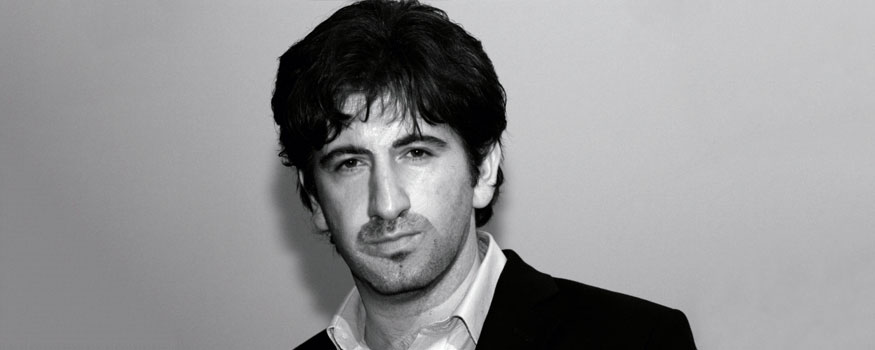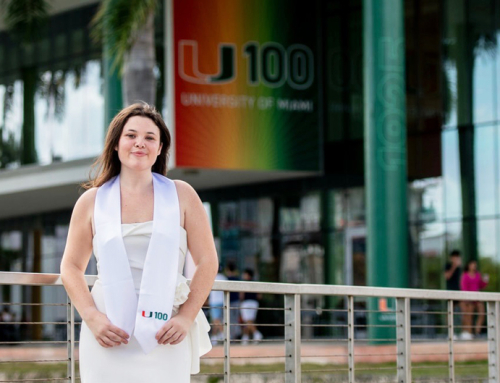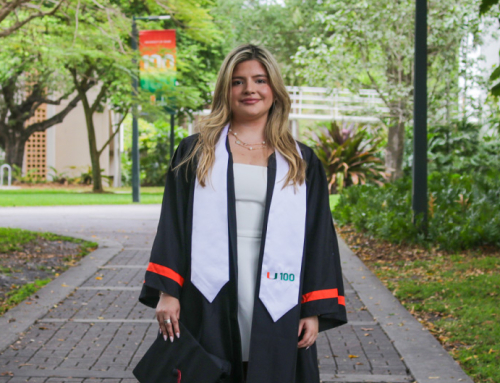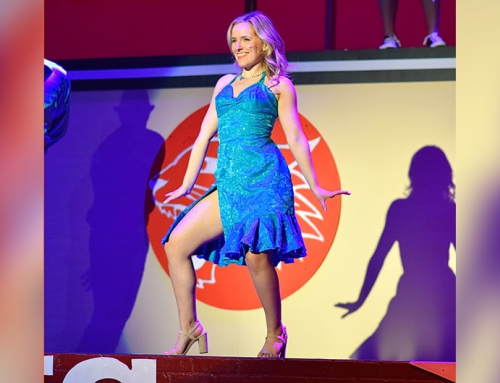By: Jabria Roscoe
Ali Habashi, award winning documentary filmmaker and assistant professor of professional practice for the Department of Cinematic Arts, is a recipient of the University of Miami Fellowship in the Arts and Humanities for 2020. This highly selective award strives to support and fund the startup of new artistic projects, advance already existing ones, and enhance University of Miami’s reputation for scholarly and creative excellence. This fiscal year, 12 Fellowships in the Arts and Humanities were awarded.
“I’m humbled to be trusted by the selection committee to carry out this project among the pool of creative and scholarly applications from other faculty members working across the University,” Habashi said.
Despite his gratitude for the award, Habashi says that he typically doesn’t find his motivation in receiving accolades for his work. With more than two decades in the filmmaking industry and as many years at UM, Habashi’s experience working in more than 50 countries around the globe makes him look for an alternative set of recognition.
“The genuine reward often is to have the opportunity and the support to initiate a new project and being immersed in the process of research and learning…those special meaningful moments when you may connect to others on a basic human level,” Habashi said.
Habashi plans to use his support from the UM Fellowship Award to produce a multi-genre performance that includes originally produced short films with elements of live narration, classical music, and ballet streamed through a series of choreographed projections. This unique performance will be a tribute to Italian poet, Dante Alighieri, who is best known for his poem, The Divine Comedy. Alighieri is regarded as one of the most important poets in the history of humanity due to the social impact of his poems. Habashi’s project will be a contemporary interpretation of The Divine Comedy where the audience will be taken on a journey through the torments of Hell, up the slopes of Purgatory, and end in the realm of Paradise.
Due to COVID-19 restrictions, the performance will be conducted in a virtual space.
“There will still be a live online premiere that will include invited guests,” said Habashi. “The program will later be available as an immersive hour-long experience for others.”
Habashi says the experience will feel like an online museum with numerous stations along the way offering film screenings, digitally enhanced artworks, and a pre-recorded choreographed ballet.
Since the creation of The Divine Comedy more than 500 years ago, Alighieri’s epic poem has inspired countless artists to creatively visualize his thoughts behind the piece. For his project, Habashi enlisted the help of the students in his advanced film production class to assist him with editing and graphic design of the complex visuals. The main idea of the visual experience is to capture Alighieri’s contemplations on divine justice and personal responsibility.
“There is a critical and persistent undercurrent in Dante’s journey throughout Inferno, Purgatorio and Paradiso”, said Habashi. “It is about the role of free will in the face of destiny, what Dante calls ‘God’s greatest gift to man’.”
Habashi’s multi-genre production of Dante’s The Divine Comedy is expected to premiere before the end of the year.






